Golden Nag white sage cone incense - N°14852
2.80 CHF
- Quantity: 10pcs
- Weight : 20gr
- Origin: India
50 in stock
Additional items

* Non-contractual photo.
* Dimensions and weight may vary slightly.
* Despite our best efforts to ensure that the photo is as close to reality as possible, a slight variation in color may occur.
Further information
| Provenance | |
|---|---|
| Type of incense | |
| Scent | |
| Brand |
5 reviews for Golden Nag white sage cone incense - N°14852
Only connected customers who have purchased the product can leave a review.
Instructions for use
- Place your incense cone on a suitable incense holder or heat-supporting surface.
- Light the tip and extinguish the flame by blowing on the ember to fan it.
- Let your cone burn down completely and don't touch it until it has cooled.
Precautions
Valid for all types of fumigation (incense, plants, sticks, resins, wood, etc. natural or not)
- Always air the room thoroughly.
- Place your incense out of the reach of children and pets, on a suitable heat-sensitive support and away from anything flammable.
- Never leave incense burning unattended.
- Do not inhale smoke directly.
Frankincense is not recommended for pregnant women and can be dangerous for people with respiratory problems, babies, asthmatics and small animals.
About Vijayshree Golden incense
Manufactured in the famous Vijayshree factory in Bangalore, India, these incenses are widely used and appreciated in the 4 corners of the world and in India, where they are burned daily in many temples, homes and businesses.
They are made in the Indian "masala" tradition without charcoal, using ghee, honey, plant resins and herbs and are subject to strict quality standards.



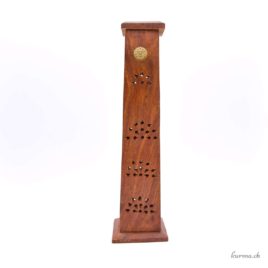
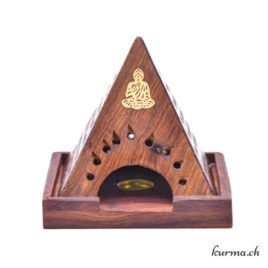
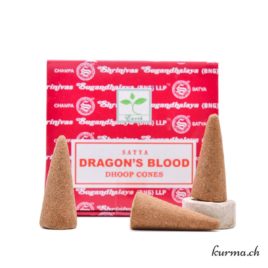
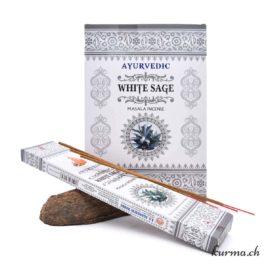
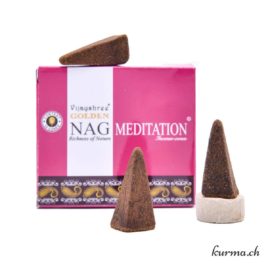
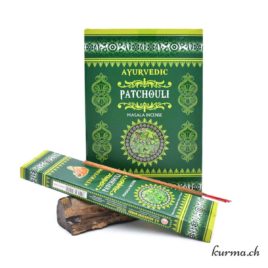
Diana (confirmed customer) -
Erika (confirmed customer) -
Anonymous (confirmed customer) -
Estelle (confirmed customer) -
L'odeur and douce and agréable
Sébastien (confirmed customer) -
Perfect for purifying the home